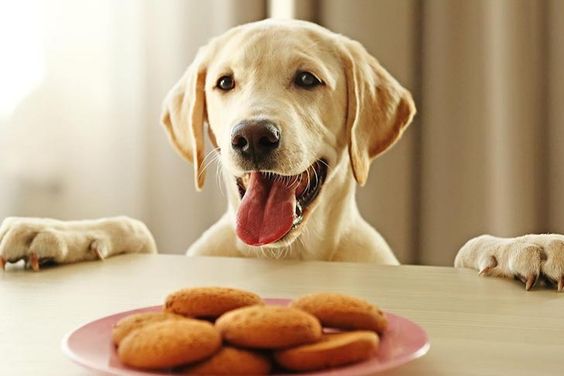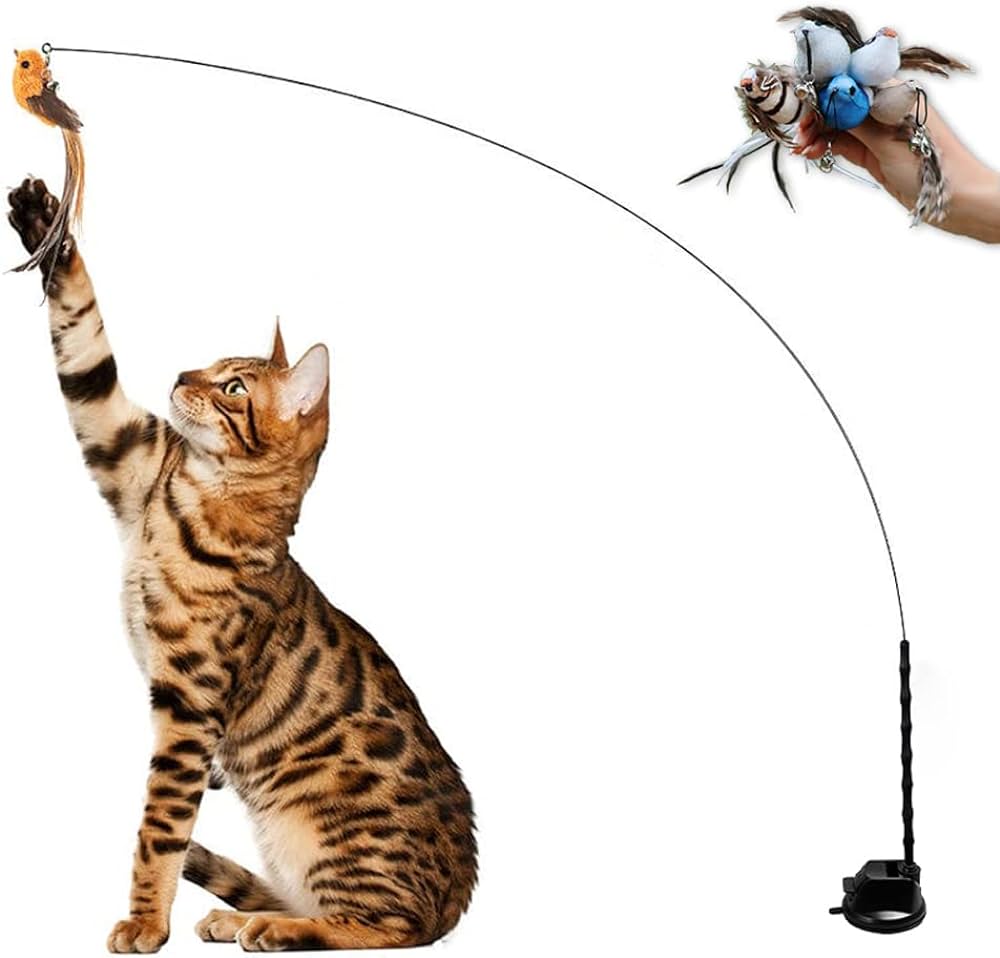When it comes to our beloved furry friends, their behavior is often a reflection of their overall health and well-being. Dog food aggression is a concerning issue that many pet owners face. It can be disheartening to see your furry companion growl or become possessive over their food. In this comprehensive article, we will delve into the reasons behind dog food aggression and provide valuable insights on how to address this behavior.
Understanding Dog Food Aggression:
Dog food aggression refers to the aggressive behavior exhibited by dogs when it comes to their food. This behavior can manifest in various ways, such as growling, snapping, or even biting. It is essential to address this aggression early on to prevent it from escalating and posing a potential danger to both humans and other pets.
Causes of Dog Food Aggression:
Resource Guarding:
Dogs are known to be instinctively protective of their resources, including food. This behavior stems from their natural survival instincts and can be observed in both domestic and wild canines.
Fear or Anxiety:
Some dogs may display food aggression due to fear or anxiety. Past traumas or negative experiences around food can contribute to their defensive behavior.
Lack of Socialization:
Insufficient socialization during a dog’s early development stages can lead to various behavioral issues, including food aggression. Dogs that have not been exposed to different environments, people, or animals may struggle with sharing resources.
Medical Issues:
It is crucial to rule out any underlying medical conditions that might be causing discomfort or pain during mealtime. Dental problems, digestive issues, or certain diseases can trigger food aggression.
Addressing Dog Food Aggression:
Consult with a Veterinarian:
As mentioned earlier, it is essential to ensure that there are no underlying medical issues causing the aggression. A thorough examination by a qualified veterinarian can help identify and address any potential health concerns.
Professional Training:
Enlisting the help of a professional dog trainer or behaviorist can be instrumental in modifying your dog’s behavior. They will provide you with tailored guidance and techniques to address the aggression effectively.
Positive Reinforcement:
Implement positive reinforcement techniques during mealtime to create a positive association with food. Reward your dog for calm and non-aggressive behavior, gradually reinforcing their understanding that aggression is unnecessary.
Slow Feeding:
Some dogs become aggressive due to the fear of their food being taken away. Implementing slow feeding techniques, such as puzzle toys or slow-feed bowls, can help alleviate this fear and reduce the sense of resource guarding.
Desensitization and Counterconditioning:
Gradually exposing your dog to scenarios that trigger their food aggression while rewarding calm behavior can help desensitize them to the triggers. This technique, coupled with counterconditioning, aims to change their emotional response from aggression to relaxation.
Conclusion:
Dog food aggression can be a challenging behavior to handle, but with patience, consistency, and proper guidance, it can be effectively addressed. Remember, every dog is unique, and what works for one may not work for another. If you are unsure about how to handle your dog’s food aggression, it is always best to seek professional help. By understanding the underlying causes and implementing appropriate strategies, you can help your furry friend overcome this aggression and create a peaceful mealtime environment.



